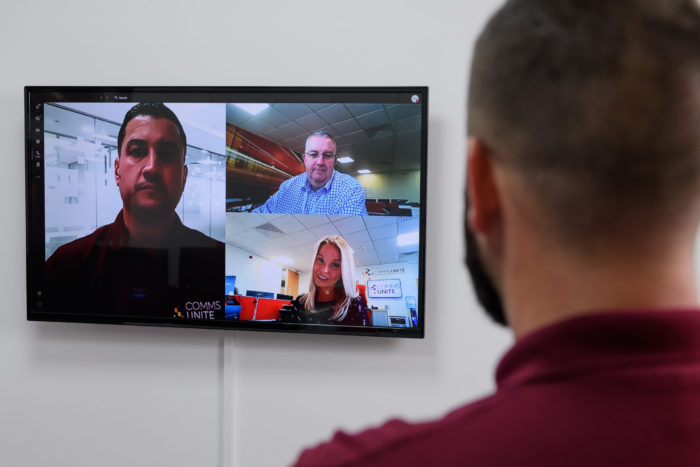
Why Do You Need An IT Security Audit?
Digital transformation has given all sorts of businesses opportunities to scale, become more efficient and boost their growth, but it has also opened them up to all sorts of risks. With almost every business process or system now online, there is an ever-present threat of breaches due to malicious software or employee negligence, accidents or ill intentions. So what can you do? An IT security audit is a sensible place to start.

What is an IT security audit?
An IT security audit is a comprehensive assessment of your IT systems to see how well they stand up against a full range of security threats. It measures how your current IT security compares with industry best practices, established external standards and regulatory requirements and identifies the changes you should make.
Why conduct an IT security audit?
For small businesses, IT security is not something you can set and forget. Regular audits help to ensure that the security strategies, policies and defences you have in place are sufficient to catch new vulnerabilities and that your staff do not inadvertently increase the risks.
Although IT security audits play a crucial part in protecting your business, there are also other reasons why you may need to have one. For example, by law, you may have to meet certain security requirements, or you might want to identify areas where new security training is required. An audit is also useful when moving offices, as it can play a vital role in keeping all of your data and systems safe before, during and after the relocation.
What does an IT security audit cover?An IT security audit will assess and examine every system your business uses for vulnerabilities. It looks at:

The IT security audit process
Planning and conducting an IT security audit is a four-step process and most audits follow the same basic format.
What should an IT security audit look for?
There are all sorts of different issues that an IT security audit will look for. For example:
- Password complexity – Are your passwords strong enough and are you managing them securely?
- Security software recency and configuration – Is your software up to date and are the security configurations as they should be?
- Compliance – Are your software and data handling practices compliant with the relevant regulations?
- Disaster recovery plans – Do you have a plan to help you recover quickly after a breach?
- Encryption of data – Is your data protected in transit and at rest?
- Access – What controls do you have to prevent unauthorised access to your data and systems and are they up to date?
- Change management procedure – Do you have procedures in place to protect against the risks associated with organisational change?
- Office best practices – Do your employees follow steps to keep their devices secure while working in the office and remotely?
How often should you conduct an IT security audit?
There are internal and external reasons for an IT security audit. For example, you may need to perform an audit to ensure your business meets or exceeds the relevant standards if the cyber security standards set by the government or an industry body change. Internally, you may need an audit if more employees are working from home, you’re introducing new software or you’re planning an office relocation.
Ordinarily, how often you perform an audit depends on the unique needs of your business, such as the number of applications you run, the location of your users and any access issues. Typically, a biannual or annual audit should be sufficient to protect you from the evolving threats.
Get advice on your IT security
Our cyber security experts and IT consultants are ready to protect you against all of the security issues you face. Give us a call on 01473 599020 or email hello@comms-unite.co.uk to get help with any aspect of your IT security and to find out how urgently you might need an audit.



